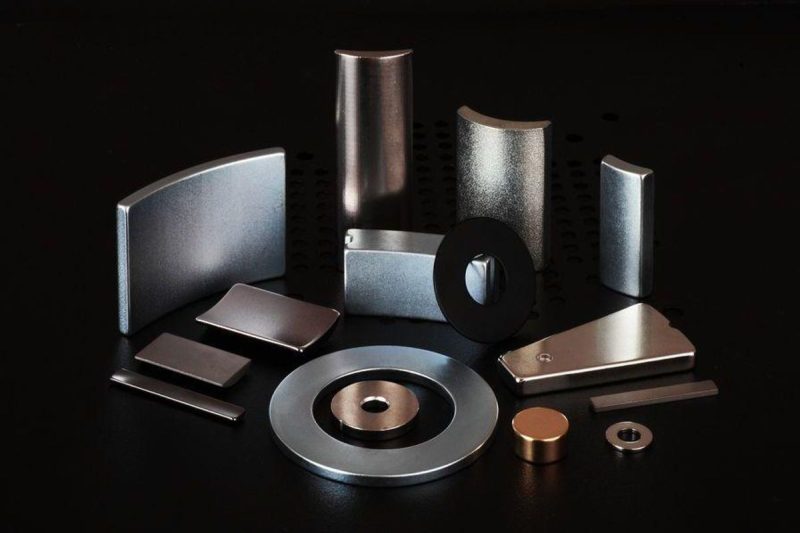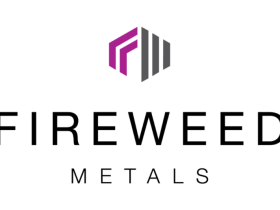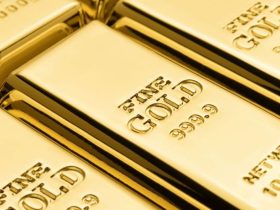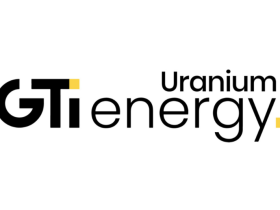Rare earths are important for many of today’s technologies and tomorrow’s carbon-free economy.
Investors may not be very familiar with the metals individually, but the group of elements is found in technology all around us, commonly in the form of rare earth magnets, which are used in everything from electric vehicles to smartphones to wind turbines. As technology continues to advance, they are expected to remain in high demand.
Another long-term story in the rare earth element (REE) market is China’s dominance of the overall industry. With geopolitics at the forefront, countries are focusing more and more on attaining domestic sources of critical metals, and companies are working to find new sources in diverse locations to meet this growing demand.
1. Resouro Strategic Metals (TSXV:RSM)
Yearly gain: 180 percent; market cap: C$22.77 million; current share price: C$0.42
Resouro Strategic Metals is an exploration and development company with mineral projects in Brazil, including the Tiros rare earths and titanium project in Minas Gerais, and the Novo Mundo gold project in Mato Grosso. The company has an earn-in agreement to take a 90 percent stake in the Tiros asset.
In recent months, Resouro’s drilling and testwork at Tiros has yielded high rare earths and titanium dioxide grades. In November 2023, the company released preliminary data on third-party metallurgical leaching tests conducted using 270 kilograms of composite samples from 19 historic drill holes across different zones at Tiros.
According to the company, important highlights from the testwork include neodymium recoveries of over 41 percent, recoveries of over 60 percent for dysprosium and recoveries of over 31 percent for praseodymium.
2. Geomega Resources (TSXV:GMA)
Yearly gain: 80.77 percent; market cap: C$32.62 million; current share price: C$0.23
Geomega Resources is developing low-cost, environmentally friendly technologies for the mining, refining and recycling of rare earths and other critical materials. It also owns the Montviel rare earths carbonatite deposit in Québec.
In late November 2023, Geomega announced it had received C$2.04 million in funding from Next Generation Manufacturing Canada (NGen) for the construction of a rare earths recycling demonstration plant in Québec. The plant will recycle magnet scrap to produce rare earth oxides that NGen will then use to produce rare earth metals. Construction of the demonstration plant will begin this year.
“We are excited to work with NGen on our rare earths recycling demonstration plant. We believe that recycling will play an important role in closing the loop within the rare earths and magnets supply chain and provide a local recycling solution for end-of-life magnets and a sustainable supply of rare earths for the developing metal and magnet industries,” said Geomega President and CEO Kiril Mugerman.
3. Aclara Resources (TSX:ARA)
Yearly gain: 38.89 percent; market cap: C$82.47 million; current share price: C$0.50
Aclara Resources is a development-stage heavy rare earths company developing its ionic clays deposits, including the Penco module in Southern Chile and the Carina module in Central Brazil.
The company’s patented, award-winning Circular Mineral Harvesting closed-circuit rare earths extraction process eliminates the need for a tailings dam and conditions spent clays for future revegetation with native forests.
Aclara’s Penco module semi-industrial pilot plant program was completed in September 2023, producing samples of high-purity rare earths concentrate. The plant processed 120 tonnes of ionic clays to produce approximately 107 kilograms of wet high-purity heavy REE concentrate. The company is targeting Q2 2027 for commencing production at the Penco module.
More recently, Aclara announced an initial inferred resource for the Carina module, reporting an estimated 168 million tonnes grading 1,510 parts per million total rare earth oxides and 477 parts per million desorbable rare earth oxides.
FAQs for rare earth investing
What are rare earth minerals?
Rare earths are a category of elements that share many chemical properties. In fact, all but two — yttrium and scandium — are also called lanthanides. These elements are commonly found in the same deposits and are necessary for diverse technological applications such as rare earth magnets.
How many rare earth elements are there?
In total there are 17 elements that make up the rare earths category, and they are split into light and heavy rare earths. On the light side, there are cerium, lanthanum, praseodymium, neodymium, promethium, europium, gadolinium and samarium, and on the heavy side there are dysprosium, yttrium, terbium, holmium, erbium, thulium, ytterbium, yttrium and lutetium.
Where are rare earth metals found?
In terms of both reserves and production, China is the frontrunner for rare earth metals by a long shot, with 44 million MT of reserves and 210,000 MT of production in 2022. However, Vietnam, Brazil and Russia all also have reserves above 20 million MT. With regards to production, though, the US is in second place at 43,000 MT due to the Mountain Pass mine in California.
Securities Disclosure: I, Melissa Pistilli, hold no direct investment interest in any company mentioned in this article.





